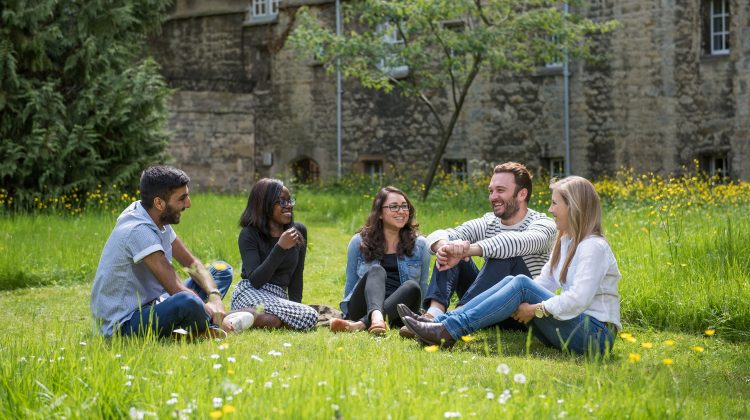Nicole – History
Journey to Oxford
I’m from a suburb of London and have been state-educated. I was lucky enough to have a great tutor who made me consider applying to Oxford. During my year out, I applied to study another subject at Oxford but wasn’t successful. After another year figuring out what I actually wanted to do, I reapplied to History and am now in my final year.
Why did you choose to study your course?
Initially, I had no clue what I wanted to do. I just knew I liked to read a lot and was curious about the the world around us. I have always been creative and enjoy the challenge of thinking flexibly about complex issues, such as politics and philosophy. My favourite A-Levels were English Literature and History, and I toyed with the idea of completing a ‘dual-honours’ degree like History and Politics. In the end, I picked History because the courses I was considering, not just the one at Oxford, really pushed students to think critically and creatively about the past. Once I’d made the choice, I read books and listened to podcasts. Carving out my own interests as an historian was, and remains, the most fulfilling part of the process.
What is your favourite thing about studying History?
The course at Oxford is very broad and requires you to study different periods and different geographic regions. For this reason, I have been lucky enough to study so many different ideas and concepts which were completely alien to me.
My favourite thing about studying at Oxford have been the tutors. It was so strange meeting some of the scholars whose work I had read and mentioned in my personal statement! Here, I work alongside world-leading academics who take an interest in your work, and genuinely see its value.
How is your course taught?
In your first year, you spend three terms preparing for Preliminary Exams, or ‘Prelims’ (these don’t actually count towards your final degree though!). This comprises four papers: British History, European and World, an ‘Approaches’ paper like Gender & history or Anthropology & history and an Optional Paper of your choice. These are taught in a combination of lectures and tutorials, which are small-group (no more than two other people) discussions with a tutor who specialises in that field.
The Approaches paper can be anything from studying the work of an historian writing in another language (I picked Spanish and studied Vicens Vives) to looking at Quantification in History. One of the great things about Teddy is the tutors allow you to pick whichever paper, so the choice really is yours! It was here I developed an interest in Iberian global history, so naturally I picked this for my optional paper.
In Second year, you begin preparing for your Finals. There are six courses: British history, European and World, Further Subject, Special Subject, Disciplines and your Thesis. The first three papers are taught via tutorials. For my paper on material history, I was lucky enough to have my tutorials at the Ashmolean Museum. This way of teaching was challenging but so interesting as it introduced me to new approaches and new ways of thinking about the past. You’ll meet with your tutor weekly and prepare an essay to debate and discuss.
Your Special Subject and Disciplines are taught as seminars in which you’ll discuss your ideas with more students (6-12 is the normal range). Finally, your thesis. This is largely self-guided, though you’ll have weekly meetings with your thesis supervisors, but much of the day is spent in the library or archives, developing entirely novel ideas on a topic of your choice.
Describe your average Oxford day…
I tend to wake up quite late- in final year we don’t have lectures and you’re free to do whatever with your day.
I have lunch in hall most days, catching up with friends and decompressing. I then head over to the History Faculty Library (endearingly called the Rad Cam). Teddy is centrally located so it’s a 2-minute cycle, or 5-minute walk away. I study for a few hours, reading and taking notes. Most of my days as an historian look like this now that I’m writing my thesis.
Other terms I’ll have a tutorial or a class throughout the week, though we only have around 4 contact hours a week, so much of your time is spent reading.
I’ll then head back to college for dinner, or ‘Ming’ as we call it at Teddy (our food used to be rubbish many years ago when this name started, but now our chef is Michelin-starred so it’s no longer ‘minging’). Most evenings I try not to work. I’m part of a few societies, such as the Oxford Philippines Society so as part of that, we organise events, such as talks, dinners at other colleges and drinks.
Why did you decide to apply to St Edmund Hall? What is your favourite thing about it now you’re here?
I wasn’t too attached to a particular college, and I actually applied to Teddy because I thought it was beautiful. I knew it was a really chill college from a friend who studied here a few years earlier, and I really loved the idea of living on the front quad. Now I’m here, I must say the stereotypes are true. We are known for being a friendly college and we really are. Whether you’re putting on a sports event, a drama production or a concert- ‘hall spirit’ means you’ll find loads of people come out to support you.
What helped you prepare for the admissions process?
For History, you have to sit the History Admissions Test, or HAT. This is a source-based question where you have to comment on a passage from a period of time you haven’t really studied before. I found this quite difficult because I didn’t have too much experience of this, so I practiced with past papers which are available online.
For the interview, I’d recommend practice. This doesn’t have to be a formal mock interview, just talking about your ideas to anyone who will listen is incredibly useful. The important thing to know about the interview (and I’m sure you’ve heard this a million times) is they are not testing you for knowledge. They’re merely trying to see how you think and whether you’d be well suited to the tutorial style here.
On a practical note, listening to the BBC’s In Our Time podcast was so helpful for me. Not only did they interview some historians I would later end up reading for my degree, but the format is not too dissimilar from an Oxford tutorial. A good way of preparing would be to think out loud when listening to things like this and challenge some of the scholars’ ideas, as well as your own.
What was the biggest misconception you had about studying at Oxford before you came?
The workload. It is an academic environment, especially being in my final year, but work is not my entire life, nor should it be. I thought I’d be living from essay crisis to essay crisis, but for the most part my tutors have been really understanding. Prioritising your wellbeing should come first and I’ve been lucky to have tutors who really agree with this philosophy.
What would you tell your 17-year-old self about applying to and studying at Oxford now?
This place is strange, and there is no other way to describe it than, it is very ‘Oxford’. (You’ll see what I mean when you get here). But it will be home too. Enjoy the things you get to read and discussions you get to have. They help you to build the foundations of your academic life, how you think, how you debate, how you grapple with big questions.
Where next?
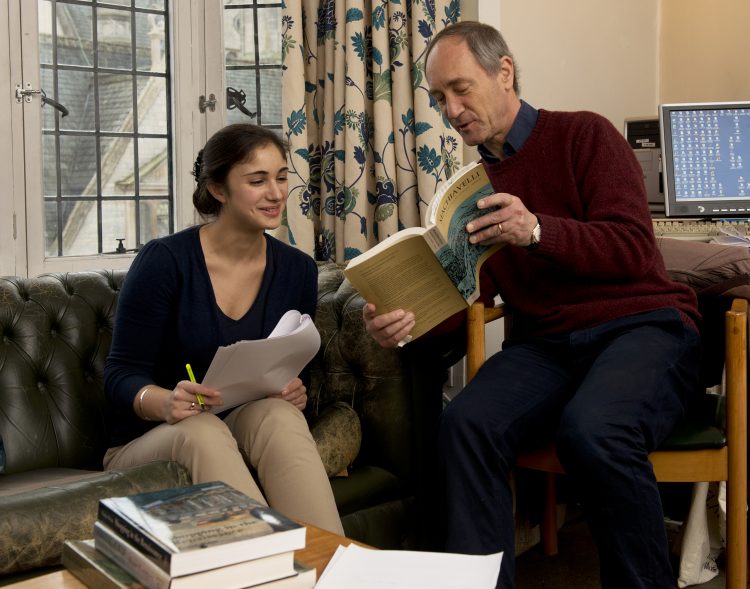
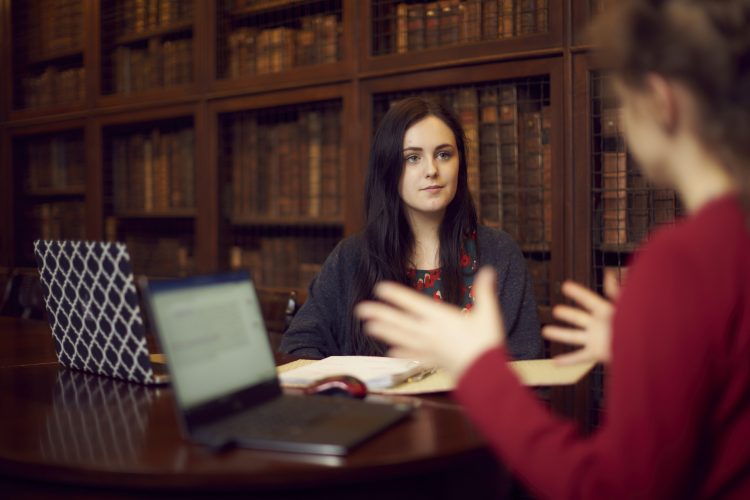
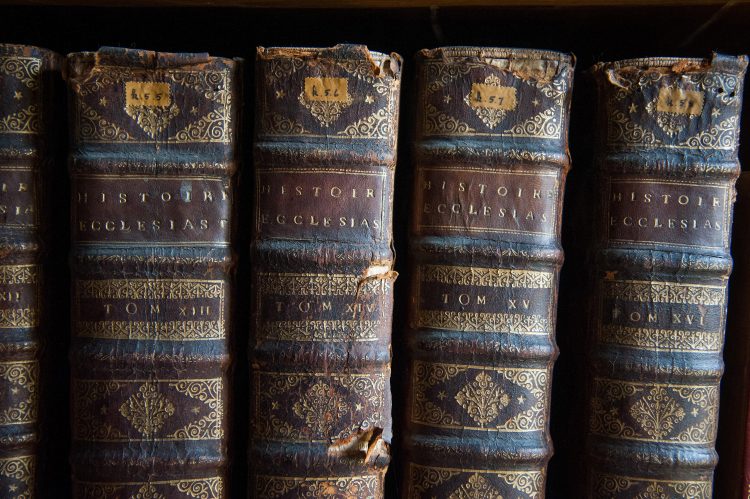
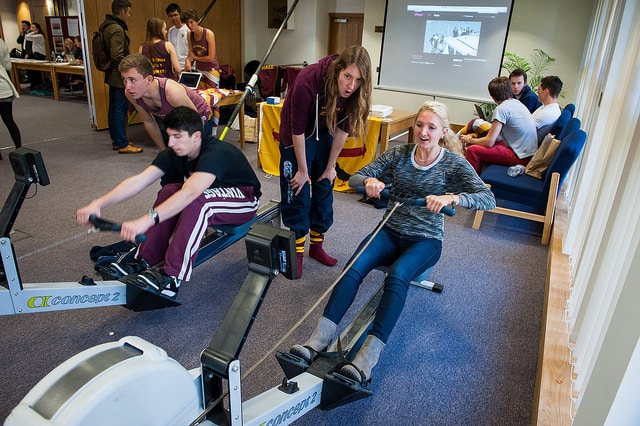
Sport
